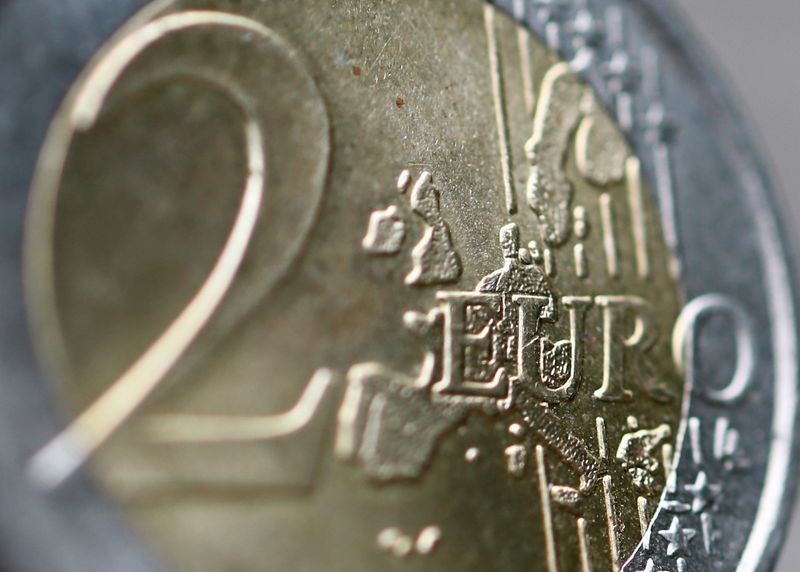BRUSSELS (Reuters) – A long-lasting appreciation of the euro’s nominal effective exchange rate could hurt the euro zone’s economic recovery and make the task of boosting inflation more difficult for the European Central Bank, the European Commission said in a paper.
The document, seen by Reuters, was prepared on Sept. 16 by the EU executive arm for talks of euro zone finance ministers on Monday. The Commission said the euro appreciated by around 7.5% in nominal effective terms (NEER) between February and August.
“A further substantial strengthening of the euro would carry significant downside risks to euro area growth and inflation in a context of a fragile recovery,” the paper said.
Depending on the causes, a long-lasting 5% NEER euro appreciation could reduce GDP growth by between 0.9 and 1.1 percentage points after one year, and lower inflation by 0.5 to 0.8 percentage points, it said.
Euro zone officials involved in the preparation of the ministerial talks said, however, that the appreciation of the single currency mainly reflected market confidence in the area’s response to the COVID-19 pandemic and was unlikely to cause concern during the discussions.
“While there has been an appreciation, this is mainly seen as the flipside of Europe becoming more attractive and stronger,” one senior official said.
“I don’t expect ministers to raise concerns,” another senior EU official said.
The Commission paper said how the world would cope with the pandemic would be key for exchange rate moves in coming months.
It also noted that the dollar and the yen could benefit from a safe-haven effect if the outlook for global growth deteriorated and said heightened trade or geopolitical tensions would likely weigh on the euro.
“The run up to the US presidential election may also be associated with higher volatility in the euro/dollar exchange rate,” it said.
(Reporting by Jan Strupczewski; Editing by Tomasz Janowski)






















